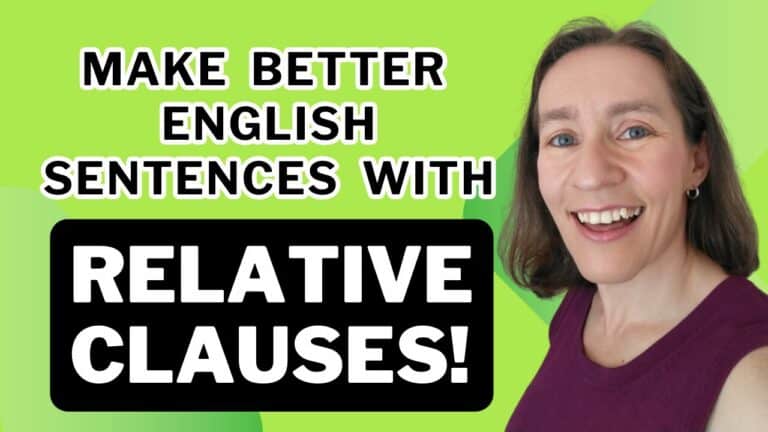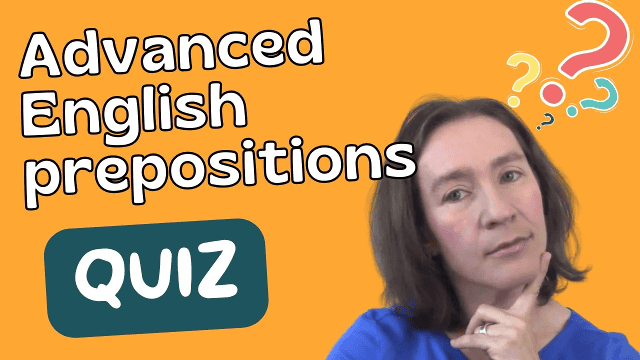
If you frequently confuse the verbs SAY, TELL, SPEAK, and TALK, you’re not alone – these are some of the most commonly confused English words!
They seem like they all mean the same thing – and they are similar – but we actually use them differently in English. In this lesson, I’ll teach you the difference between say, tell, speak, and talk, and help you avoid some common mistakes with these words.
For more lessons like this, check out my e-book, 600+ Confusing English Words Explained. When you read this e-book, you’ll have a much better understanding of how to use English words correctly.
Tell / Told
Tell means “to give information to a person” – so tell (present) and told (past) are always followed by a person.
Examples:
- Tell me about the movie. Did you like it?
- Peter, I told you not to eat any cookies before dinner!
- Did you tell Sam about what happened at school today?
- The police told us that the situation was under control.
- Derek and Melissa told everybody that they were engaged to be married.
- You should tell her what you think about her idea.
- Don’t worry, I won’t tell anyone your secret.
Say / Said
With say (present) or said (past), we can use these structures:
- say (something)
- say that (something)
- say (something) to (a person)
- “(something)” a person said
Examples:
- Francis says she doesn’t like chocolate.
- I said that the new website design was great.
- What did the teacher say to you when you failed the test?
- “Nice to meet you,” Harry said.
Structures #1 and #2 are the most common in spoken English.
- He said me that he had to leave.
- He told me that he had to leave.
Speak / Spoke
Use speak (present) and spoke (past) with languages, and with talking in general (no specific details). We can use speak with (someone) and speak to (someone)
Examples:
- I speak English.
- Does Donna speak Italian?
- Emma is going to speak in front of 500 people at the conference.
- We spoke to the boss this morning. (general conversation, no specific details)
- I need to speak with you about the new project. (general topic, no details)
In the case of speak with (someone) and speak to (someone), you can also say talk to or talk with.
However, you can’t use “talk” with languages:
- I don’t talk Chinese.
- I don’t speak Chinese.
I want to help you speak English better, so that you can talk with people more confidently! That’s why I’m telling you about my e-book, 600+ Confusing English Words Explained. Other students say that this e-book has really helped them understand English words and when to use them.
There, I just used all four words from this lesson – speak, talk, tell, and say! I hope you’ve enjoyed this video, and I’ll talk to you next week.










